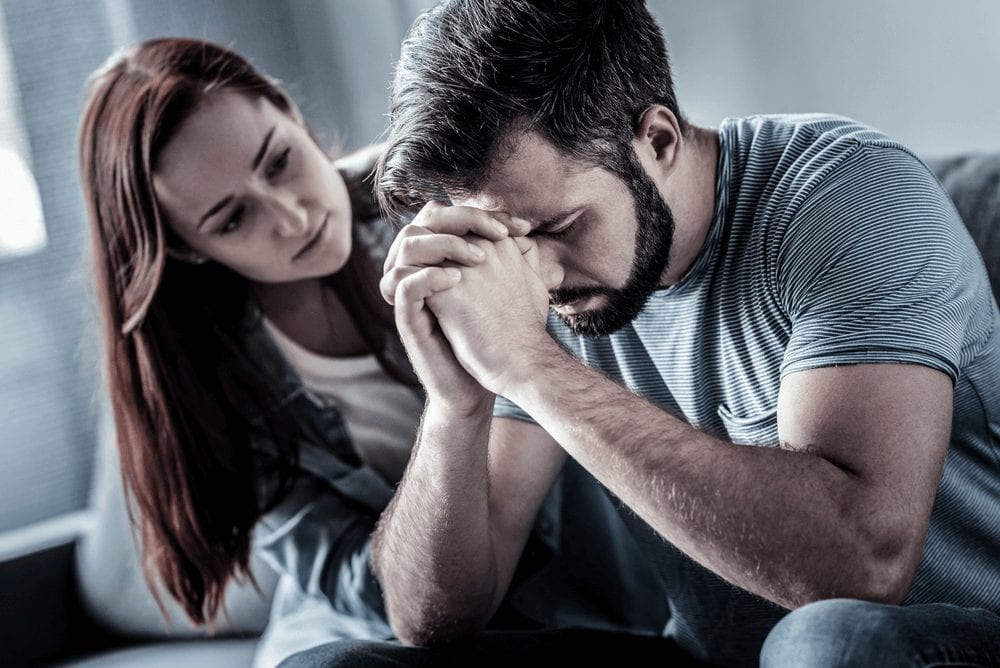Coronavirus: How to maintain healthy eating habits during lockdown
For many of us, life has become a little more sedentary recently. Lockdown has taken away many typical day-to-day exertions: walking the kids to school, walking to a train station, going to the shops. These errands have been replaced by very little, bar a periodic lurch towards the kitchen.
All the tiny bits of energy we expend add up to our levels of NEAT (non-exercise activity thermogenesis, which is everything outside of sleep, eating and sport, like walking, cleaning the house, climbing stairs) and, under lockdown, our average NEAT has fallen through the floor. So should we be adapting our routines around food to compensate for our new state of inertia?
Psychologist Charlotte Armitage explains that we need to be aware of how lockdown will be affecting our habits. “[Lockdown] is highly unstable and uncertain, which is likely to have an impact on our mental wellbeing, so we are more naturally inclined to reach for feel-good foods. But we need to be careful of doing this too often, especially given that we don’t know how long we will be living under these conditions. If you engage in a pattern of over-eating and not exercising, this can have a negative impact on your mental wellbeing. It can affect your attitude towards exercise which may consequently have an impact on your confidence and how you feel about yourself. This can become a vicious cycle.”
Download the new Independent Premium app
Sharing the full story, not just the headlines
The nutritionist Jo Travers, author of The Low-Fad Diet, agrees, but says eating less is not the answer, even if our day-to-day activity has slumped. “It’s not a blanket recommendation that we should eat less. If you start to eat less your body may adjust and slow down some of the non-essential systems and services in order to conserve energy. The vast majority of the energy we burn is just by staying alive, so walking 10,000 steps [per day] burns hardly any calories. I know that sounds crazy, but it really doesn’t.
“What we should be doing is listening to our hunger signals, because our bodies are really good at telling us when we need to eat, and when we are satisfied. For the majority of us, we burn at least 1,200 calories a day just by being alive without any kind of activities.”
In times like these, managing our food and exercise habits can be a challenge. Recently it has not been uncommon to find oneself staring into the deep recesses of the fridge, trying to remember how you got there, and this phenomenon of zombied grazing is not entirely unexpected. Worry, stress, isolation and plain boredom are all heightened in lockdown, and food is a tempting quick fix. Maintaining a healthy diet is not easy, particularly for those who might be shielding and are reliant on whatever a family member, neighbour or volunteer can find them. Choice can be limited.
Travers recommends sticking the simple principles of a “plate of three”: half made up of vegetables, a quarter of carbohydrate like pasta or rice, and a quarter of protein like meat, fish, lentils or eggs. “If you do that at meal times, the chances of getting what you need are really high,” says Travers. “It’s really interchangeable, so that means broadly speaking there are similar nutrients in beef as there are to lentils.”
1/18 Najaf, Iraq
A man holds a pocket watch at noon, at an almost empty market near the Imam Ali shrine
Reuters
2/18 Bangkok, Thailand
Wat Phra Si Rattana Satsadaram (The Temple of the Emerald Buddha, also known as The Grand Palace)
Reuters
3/18 Prague, Czech Republic
Empty streets at Old Town Square
Reuters
4/18 Washington, US
United States Capitol
Reuters
5/18 Jerusalem’s Old City
A watch showing the time at noon, in front of Damascus Gate
Reuters
6/18 London, UK
A woman jogs past the Houses of Parliament on Westminster Bridge
Reuters
7/18 Wuhan, China
Empty road with low traffic
Reuters
8/18 Havana, Cuba
The seafront Malecon next to an almost empty road
Reuters
9/18 Cairo, Egypt
Tahrir Square
Reuters
10/18 Berlin, Germany
Brandenburg gate
Reuters
11/18 Caracas, Venezuela
Bolivar avenue
Reuters
12/18 Moscow, Russia
The clock on Spasskaya tower showing the time at noon, next to Moscow’s Kremlin, and St Basil’s Cathedral on an empty square
Reuters
13/18 Istanbul,Turkey
Emionu district
Reuters
14/18 New Delhi, India
An empty road at Rajpath
Reuters
15/18 Amman, Jordan
The Roman amphitheater
Reuters
16/18 New York City, US
The clock strikes noon at the main concourse of the Grand Central Terminal in Manhattan
Reuters
17/18 Kiev, Ukraine
Almost empty streets at Maidan Nezalezhnosti (Independence Square)
Reuters
18/18 Accra, Ghana
People walk past Ring Road Central Street
Reuters
1/18 Najaf, Iraq
A man holds a pocket watch at noon, at an almost empty market near the Imam Ali shrine
Reuters
2/18 Bangkok, Thailand
Wat Phra Si Rattana Satsadaram (The Temple of the Emerald Buddha, also known as The Grand Palace)
Reuters
3/18 Prague, Czech Republic
Empty streets at Old Town Square
Reuters
4/18 Washington, US
United States Capitol
Reuters
5/18 Jerusalem’s Old City
A watch showing the time at noon, in front of Damascus Gate
Reuters
6/18 London, UK
A woman jogs past the Houses of Parliament on Westminster Bridge
Reuters
7/18 Wuhan, China
Empty road with low traffic
Reuters
8/18 Havana, Cuba
The seafront Malecon next to an almost empty road
Reuters
9/18 Cairo, Egypt
Tahrir Square
Reuters
10/18 Berlin, Germany
Brandenburg gate
Reuters
11/18 Caracas, Venezuela
Bolivar avenue
Reuters
12/18 Moscow, Russia
The clock on Spasskaya tower showing the time at noon, next to Moscow’s Kremlin, and St Basil’s Cathedral on an empty square
Reuters
13/18 Istanbul,Turkey
Emionu district
Reuters
14/18 New Delhi, India
An empty road at Rajpath
Reuters
15/18 Amman, Jordan
The Roman amphitheater
Reuters
16/18 New York City, US
The clock strikes noon at the main concourse of the Grand Central Terminal in Manhattan
Reuters
17/18 Kiev, Ukraine
Almost empty streets at Maidan Nezalezhnosti (Independence Square)
Reuters
18/18 Accra, Ghana
People walk past Ring Road Central Street
Reuters
Another way to keep our food intake in check is mindful eating, a popular concept well-suited to lockdown life. “It’s about tuning into what your body is telling you,” says Travers. The psychologist Dr Michael Sinclair agrees: “To change behaviour we need to think about the ABCs: the antecedent, the behaviour and the consequences. We need to reflect: does this behaviour remove our negative thoughts and feelings? In the short-term, yes, but in the long-term those feelings will come back. Is this behaviour moving me towards the life I want to live? It’s worth just sticking post-its around the house – ‘health’, ‘wellbeing’ – so we are reminded of what we really want.”
Of course exercise is vital at a time when so many continuous hours are spent inside. “Exercise is a positive behaviour which releases chemicals like serotonin,” says Dr Sinclair. “A decline in mood is more likely when sitting down for long periods, so the smallest piece of movement can counter against getting low, stressed, depressed or anxious.”
This is not the time for a diet of salad and sit-ups. It is plenty to just get through, to get by, and some good habits will get us there. “I would advocate not chasing good feelings, just living well, and as full a life as possible,” Dr Sinclair says. “If you miss the gym, miss socialising, then get online, Zoom, exercise with someone. Try to live out your values. You can still do them, even in lockdown. There will always be a way.”
Armitage adds: “By eating well, enjoying some tasty treats, and exercising once a day, you’re implementing behaviours which are vital for your psychological and physical wellbeing … it’s important to be kind to ourselves right now.”




